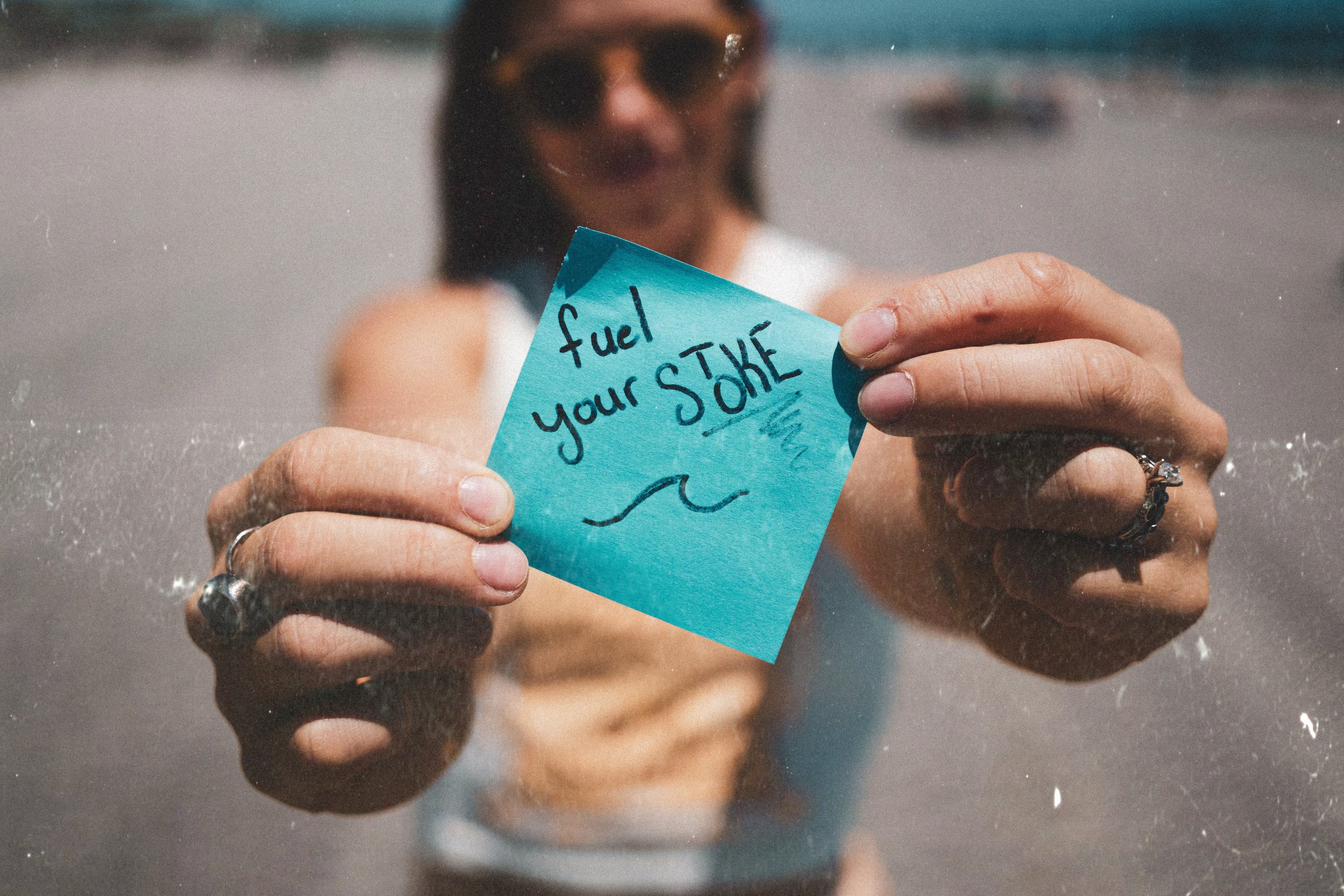Tiny Plastics, Big Problem: Why Microplastics Matter for You and the Ocean
You’ve probably heard the word microplastics tossed around a lot lately—and for good reason. These tiny bits of plastic (smaller than 5mm) are showing up everywhere: in our oceans, in the food we eat, and even in our bodies. Yep, you read that right. But don’t worry—this isn’t just a doom-and-gloom post. This is about empowerment, awareness, and taking action for our health and the health of our planet.
What Are Microplastics, Anyway?
Microplastics come from larger plastic items that break down over time—think water bottles, packaging, synthetic clothing, and fishing gear. They also come from products like exfoliating face scrubs and toothpaste (which are thankfully banned in many places now). Once released into the environment, they’re nearly impossible to remove.
The Problem with Plastics in Our Bodies
Here's where it gets personal. Recent research has found microplastics in our blood, lungs, and even the placenta. While we’re still learning exactly what this means long term, the early findings aren’t great. Microplastics can carry toxins like BPA, phthalates, and heavy metals—chemicals linked to hormone disruption, inflammation, and even cancer.
Ocean Health = Our Health
When microplastics end up in the ocean, they’re eaten by marine animals—fish, turtles, whales, even plankton. This messes with their health (and their ability to reproduce), but it also disrupts the entire food chain. Eventually, those contaminated fish can end up on our dinner plates.
If you care about clean oceans, sustainable seafood, or the joy of paddling out into blue, sparkling water, this issue should be on your radar. Healthy oceans mean healthy people—it’s all connected.
What You Can Do (Yes, You!)
Here’s the good news: small shifts make a big difference. You don’t need to be perfect—you just need to be intentional.
Switch to reusable everything: water bottles, bags, utensils, straws.
Wash synthetic clothes less (and use a Guppyfriend bag or microfiber catcher).
Support plastic-free brands when you can.
Get involved in cleanups—local beach cleanups are a great way to protect your happy place and meet other ocean lovers.
Use your voice: Share what you know, vote with your dollars, and support legislation that limits plastic production.
Microplastics might be small, but their impact is massive. The more we learn, the more it’s clear that what’s bad for the ocean is bad for us, too. But awareness leads to action, and action leads to change. By making conscious choices and spreading the word, we can protect our health and the wild, salty places we love.
So let’s fuel our stoke, not the plastic problem


